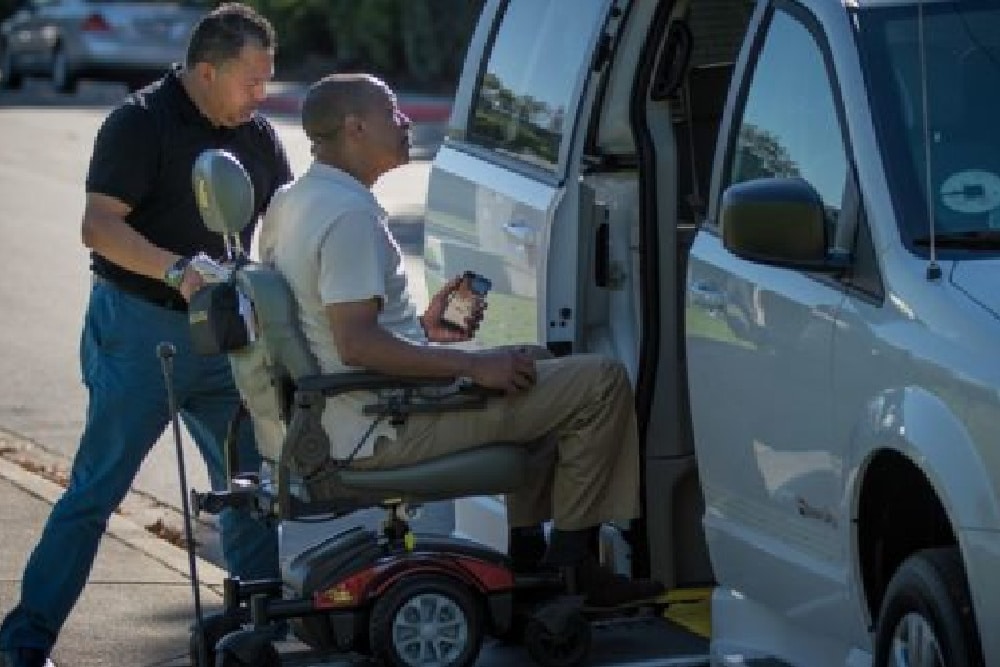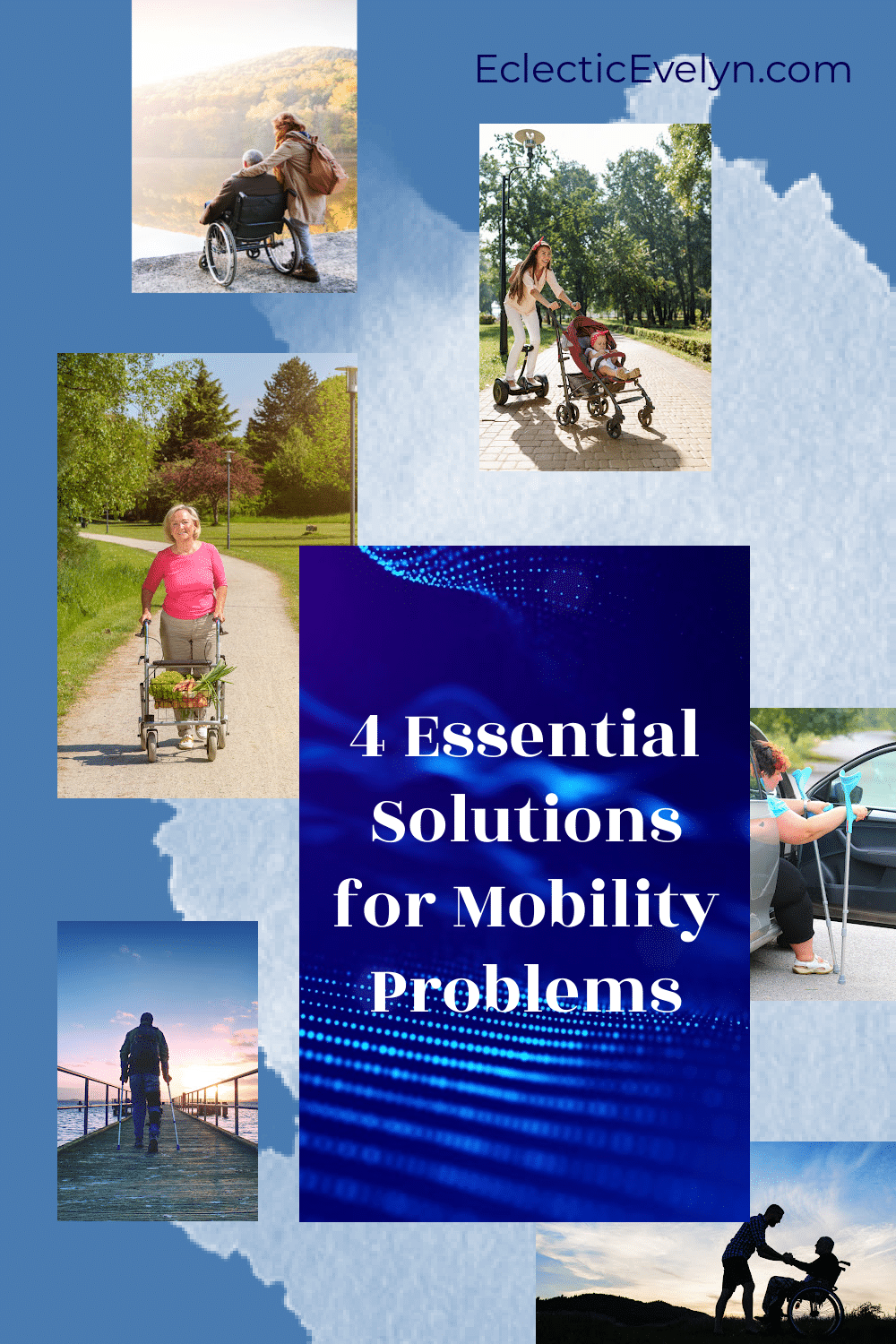When someone has mobility problems, it can impact every area of their daily life. After all, whenever they want to go somewhere or do something, it always becomes a bit of a problem. Forethought and planning are required to ensure that the individual is comfortable and that they can maintain a high quality of life. If you know someone who has mobility issues, you may be wondering how you can help them live their life to the fullest. With that being said, let’s take a look at some advice and tips that you may want to consider implementing yourself.
Educate Yourself on Mobility Problems
One of the best things you can do is educate yourself regarding the mobility problems that your loved one is dealing with. The good news is that it is easier than ever before to get your hands on information like this because of the Internet. You should have no problem finding out what a specific condition means in terms of the symptoms the person experiences and how their day-to-day life is impacted.
Just having an understanding of what your loved one is going through and the mobility problems that they are facing can make all of the difference. It helps your friend or family member to feel understood. After all, when you are suffering from a certain condition it is easy to feel like you are the only person in the world that is experiencing it or that understands it. Making the effort to get a better understanding of what the person is experiencing, can make a massive difference to them.
Assistance Technology Devices
One of the most impactful ways to support a loved one dealing with mobility problems is by exploring various mobility solutions that can enhance their quality of life. Using the internet to research assistive technology devices can be an invaluable resource, offering a plethora of information on diverse models of scooters and chairs tailored to individuals with mobility challenges.
Mobility chairs and scooters have the potential to transform a person’s life dramatically, especially if they’ve been struggling with mobility. These devices can provide the invaluable gifts of independence and freedom, allowing individuals to regain control over their lives despite the challenges they face. The availability of a wide range of options, designed to cater to specific mobility issues, varying weights, and different age groups, ensures that there’s a suitable solution for everyone. As an added bonus, you can even find companies offering mobility scooter hire these days, meaning you don’t need to be burdened with the costs or storage demands of owning one yourself. By exploring these options, your loved one can discover a mode of transportation that meets their unique needs, enabling them to access places and experiences previously out of reach.
It is essential to consider the financial aspect of enhancing mobility. Converting a van for wheelchair accessibility, for instance, can be a significant cost. While the expense might seem daunting, it’s an investment in your loved one’s independence and overall well-being. Researching funding options, grants, and insurance coverage can help alleviate the financial burden, making these transformative mobility solutions more accessible to those in need. By addressing the cost of converting your van for a wheelchair, you can empower your loved one to embrace the freedom that enhanced mobility can offer, ensuring they can navigate the world with confidence and independence.

Incorporate More Physical Activity
Aside from the suggestions that have been mentioned so far, another thing that you can do is help the person to integrate some physical activity into their life. Of course, the extent of physical activity is going to depend on the degree of mobility problems the person in question has. You may want to speak with the doctor or medical professional that the person is seeing. This can help you to get a better understanding of what they can and cannot do when it comes to physical activity.
From tai chi to strength training, there are a lot of different possibilities for individuals who are suffering from mobility problems. However, it is all about finding something that is right for the person in question. After all, not all mobility issues are the same, so you cannot simply put people into the same box. Everyone is different. You should also bear in mind the fact that some people are going to feel uncomfortable when it comes to trying different types of physical activity if they have mobility problems. You need to think about what makes them feel comfortable.
Check on Them
The final piece of advice that we have for you is to check up on your loved one regularly to find out how they are doing and whether they are feeling okay. Of course, this is something that we should try to do with everyone in our lives, but it can be very difficult, especially when you have your own problems and things to deal with. However, when someone is experiencing a medical issue of any sort of issue, it can be very easy to get down and for negative emotions to take over. Mood swings are normal, as you have highs and lows of a severe nature when you are battling a long-term condition like mobility problems.
Simply checking in to see how the person in question is can make all of the difference. Small things like this show someone how much they mean to you and that you are thinking about them, and this can give them the boost and the push that they need, even if they appear like everything is fine, you will be surprised by just how much of a difference this can make.

So there you have it: some of the different ways that you can assist a loved one if they are struggling with mobility problems. It can certainly be difficult to come to terms with mobility issues, so it is important to be there for the person who is struggling. Your help and support can make a bigger difference than you may realize. Simple things like educating yourself on their condition can mean the world to the person in question because it shows them how much you care about them and that you’re there for them.





